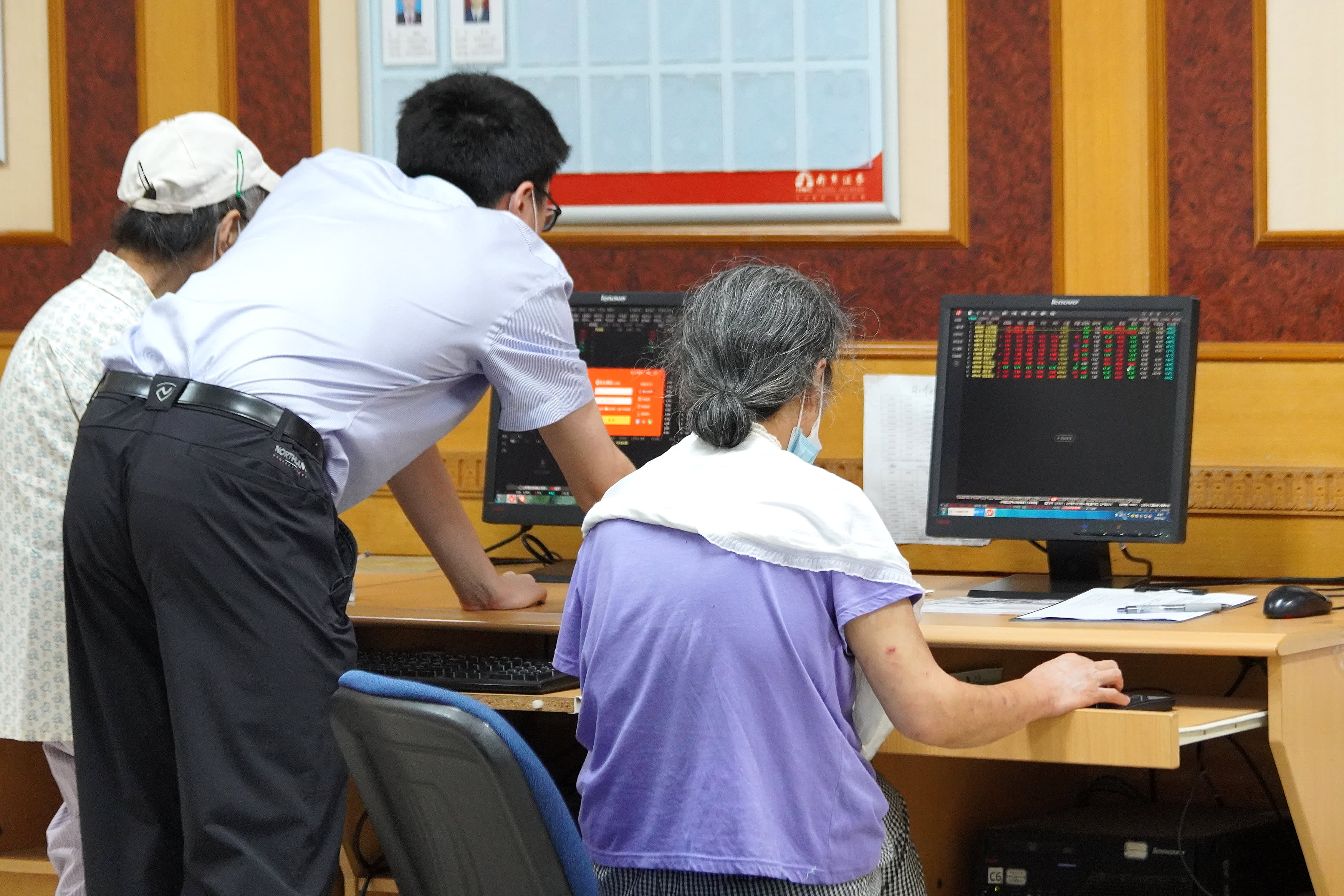
SINGAPORE — Shares in Asia-Pacific were mixed on Thursday as oil prices fell sharply.
In the afternoon of Asia trading hours, international benchmark Brent crude futures fell 3.48% to $109.50 per barrel. U.S. crude futures dropped 4.23% to $103.26 per barrel.
U.S. President Joe Biden’s administration is considering a plan to release 1 million barrels of oil per day from the strategic petroleum reserve for about six months, a source told NBC News. Global oil prices have spiked in volatile trade since Russia invaded Ukraine more than a month ago.
“The issues we are seeing with Russia are medium to longer term in nature, and unfortunately, an SPR release is only a short-term solution,” said Warren Peterson, head of commodities strategy at ING. “Ultimately, these volumes would still fall short of the Russian disruptions we are seeing due to self-sanctioning, so the market will remain tight.”
Meanwhile, Ziemba Insights’ Rachel Ziemba said she’d be watching for messaging regarding the refill of supplies.
“The question comes back of this issue about what’s the messaging about how it’s going to be refilled. Otherwise, it’ll just sort of look like a … short-term political move and I think that’s going to end up backfiring,” Ziemba, founder of the firm, told CNBC’s “Street Signs Asia” on Thursday.
In the broader Asia-Pacific markets, mainland Chinese stocks declined on the day as the Shanghai composite shed 0.44% to 3,252.20 while the Shenzhen component slipped 1.187% to 12,118.25.
Chinese factory activity shrunk in March, according to official data released Thursday. The country’s official manufacturing Purchasing Managers’ Index for March came in at 49.5, lower than February’s reading of 50.2.
The 50-point mark in PMI readings separates growth from contraction. PMI readings are sequential and represent month-on-month expansion or contraction.
The data comes after an independent survey by China Beige Book showed China’s factories were hit harder in the first quarter than last year. In recent weeks, China has also been battling its most severe Covid-19 outbreak since the pandemic began.
“The Omicron outbreaks in many Chinese cities led to lockdowns and disruption of industrial production,” Zhiwei Zhang, chief economist at Pinpoint Asset Management, wrote in a Thursday note. Economic activity is likely to slow further in April, he warned, pointing to a lockdown in Shanghai that only began in late March.
“The lockdown policy is effective in containing outbreaks in the short term, but in the long term the economic costs could be significant,” Zhang said.
Hong Kong’s Hang Seng index also fell 0.66%, as of its final hour of trading. Shares of Baidu in the city tumbled more than 3% after the firm was added to a U.S. Securities and Exchange Commission list of companies potentially facing delisting from U.S. exchanges.
Elsewhere, the Nikkei 225 in Japan closed 0.73% lower at 27,821.43 while the Topix index dipped 1.08% to 1,946.40. South Korea’s Kospi climbed 0.4%, finishing the trading day at 2,757.65.
Meanwhile, the S&P/ASX 200 in Australia shed 0.2%, closing at 7,499.60.
MSCI’s broadest index of Asia-Pacific shares outside Japan declined 0.44%.
Currencies
The U.S. dollar index, which tracks the greenback against a basket of its peers, was at 97.787 as it struggles to recover after dropping from levels above 99 earlier in the week.
The Japanese yen traded at 121.45 per dollar, still stronger than levels above 124 seen against the greenback earlier this week. The Australian dollar was at $0.7477, having largely traded in a range between $0.747 and $0.753 so far this week.
— CNBC’s Will Koulouris contributed to this report.
Source: CNBC
